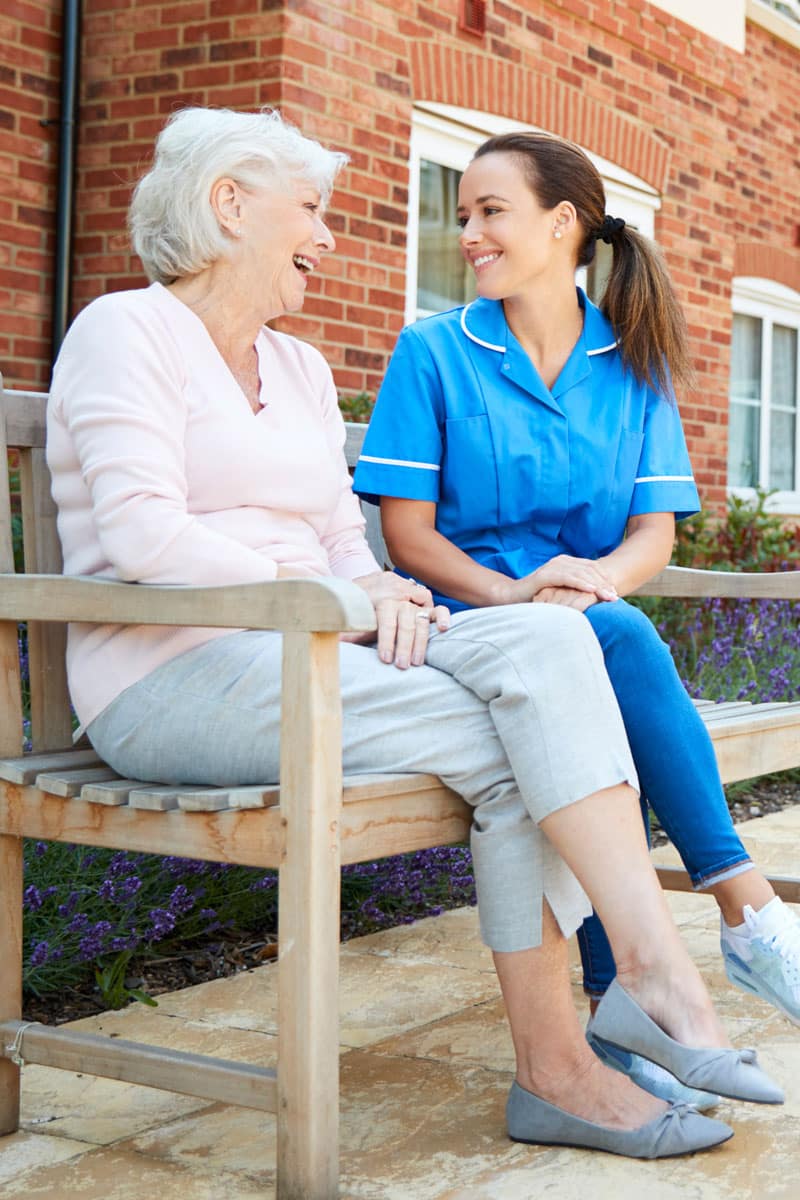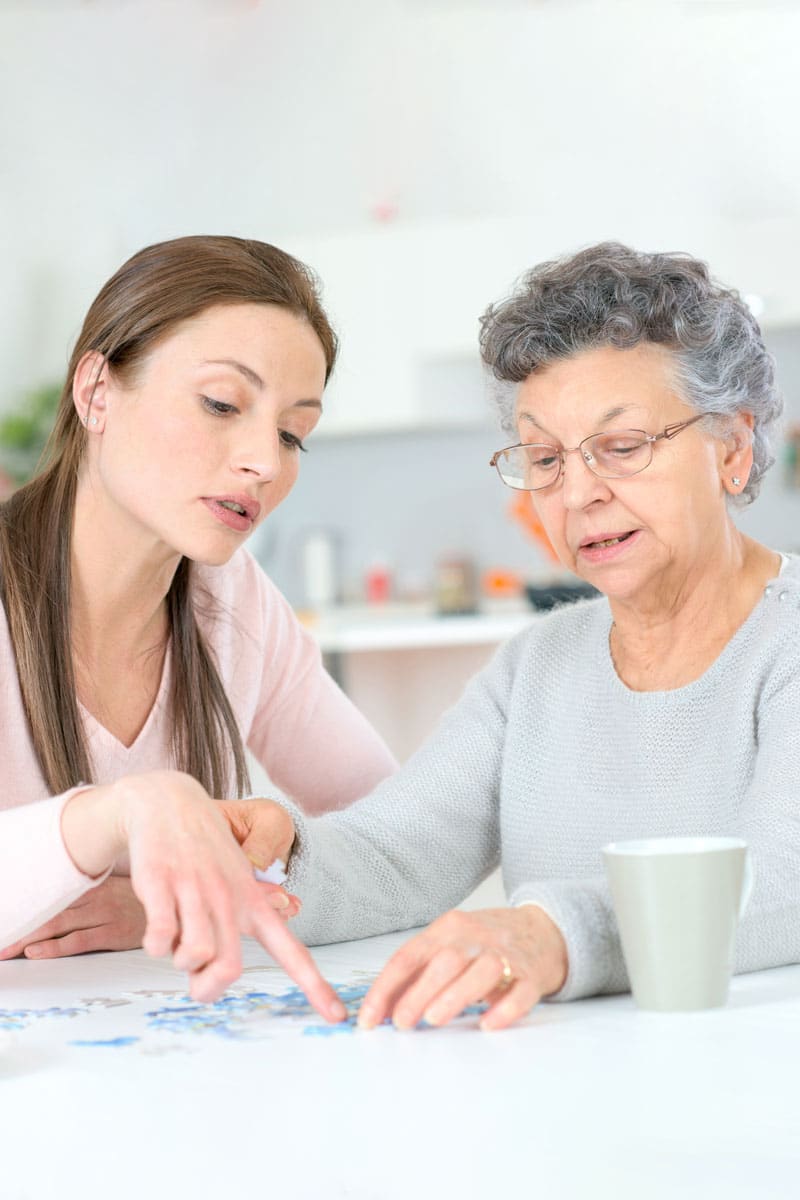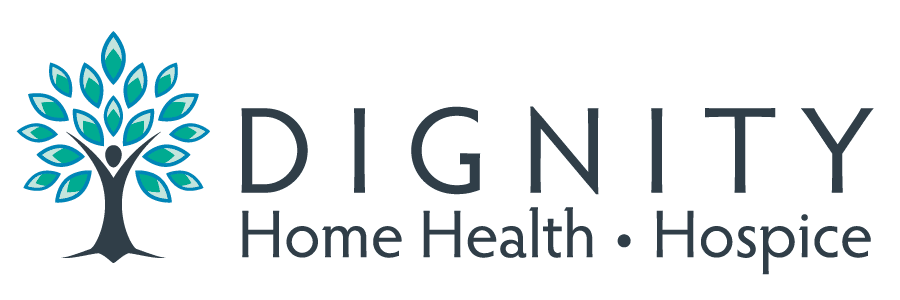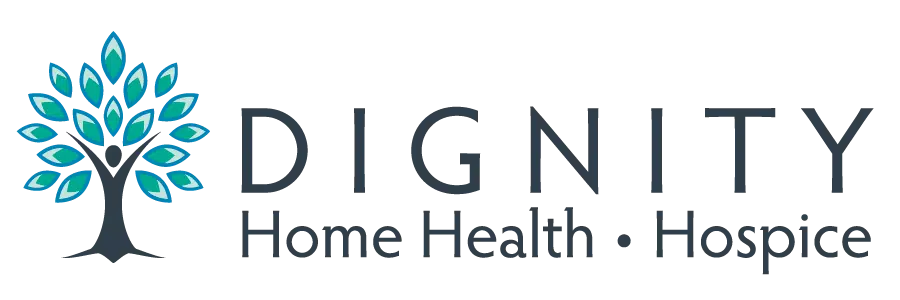ADLS: Independence Made Easier
Assisted daily living skills, called ADLS for short, are fundamental self-care tasks that help maintain independent living for seniors. These basic activities are necessary for independent living in the home and community. When considering what type of long-term housing is appropriate for a senior, it’s essential to examine these ADLS and what your loved one can do for themselves. While each organization may have its list of ADLS, many agree that these skills are critical for seniors to live independently:
Personal Hygiene
Maintaining the ability to care for one’s hygiene is critical. Personal hygiene includes bathing or showering, grooming, oral care, and nail care.
Dressing
This includes being able to dress, undress, and select appropriate attire for the weather.
Eating
It’s necessary to be able to feed oneself but also provide all the vitamins and minerals needed to stay healthy and maintain independent living.
Maintaining Continence
Maintaining continence, also known as toileting, is the ability to mentally and physically use a restroom. Your loved one should be able to clean themselves and get on and off the toilet.
Mobility
A senior should be able to stand up from a sitting position and get in and out of bed without assistance. Walking from one spot to another and even up and down stairs is also essential.
IADLs
Instrumental Activities of Daily Living, also known as IADLs, are living skills a little more slightly complex than ADLS. Seniors who can perform these tasks can live independently, but these tasks will not need to be performed every day. They are in-community tasks that are not necessary for fundamental functioning, but they enable the senior to live independently within a broader community. Some IADLs include:
Managing Medications
This includes managing refills, avoiding any medicine conflicts, and taking the appropriate amount of medication at the correct time each day.
Running Errands
Knowing how and what to shop for is an important skill. Making trips to financial institutions, getting gas, or going to the post office are all errands that an independent-living senior should complete.
Maintaining Communication Skills
Being able to maintain communication skills is an essential element of IADLs. Important communication skills are using a phone, reading and writing emails, or using the internet.
Transportation
Transportation around a community, whether it is public transportation, driving by oneself, or arranging rides, is an important skill.
Housework and Maintenance
Many skills involved in maintaining a residence are in this category, such as washing dishes, vacuuming, dusting, and laundry. Performing light housework is vital to being able to live independently.
Meal Preparation
Any element of meal preparation is an important element for a senior to live independently, such as meal planning, kitchen clean-up, proper storage of food, and the ability to use kitchen tools and appliances.
Handling Finances
Sticking to a budget, paying bills, writing checks, and avoiding scams are all IADLS skills that help seniors stay independent.
Disclaimer:
Dignity Home Health & Hospice Care partners with Personal Care Providers to offer comprehensive, personalized IADL support for our patients. This collaboration ensures a higher level of care, enhancing patients' overall well-being, independence, and safety.

ADL Assistance We Offer
At Dignity Home Health & Hospice, we work with your family to organize and provide the appropriate care for your loved one. All of our ADL assistance services can be provided at home, whether the home is at a nursing home, private residence, or assisted living. Some of the services we offer are:
- In-home care
- Stroke recovery
- Health assessments
- Hospital aftercare
- Bowel and catheter care
- Certified wound care
- Pain and symptom management
- Fall recovery and balance program
- Rehabilitation therapy
- Care plan coordination
- Speech and occupational therapy
- Infusion therapy
- Tube feeding
- Other skilled nursing needs
How to Determine if ADL is Right For Your Loved One
Determining if a loved one needs assisted daily living tasks can seem taxing. However, observing and performing an initial assessment can be beneficial to decide which ADLS support services your loved one will need. Generally speaking, if an applicant can complete every ADL task, such as dressing themselves, walking, transferring themselves, bathing/showering, feeding themselves, and using a toilet, they are not considered in need of care.
However, if your loved one has trouble completing everyday tasks, it may be time to consider ADL. A loved one experiencing a life-limiting illness could mean that they would greatly benefit from assistance. A physician makes a referral for home health services before ADL services for home health can be ordered. An appointment is scheduled with the senior, who will assess and ask questions about their general health. The health agency then communicates with the physician about the care, which can help you plan for the future.

Paying for ADL
Generally speaking, Medicare does not cover long-term or ADL care outside of skilled nursing care provided in home health or hospice services. Be sure to speak to Medicare/Medicaid or the insurance provider of your loved one to determine what they will cover. Nationwide, the average cost of in-home care is nearly five thousand dollars a month. At Dignity, we provide ADL care together with our skilled nursing or hospice care, yet not as a standalone service.
To see if our services are right for you, please call us so we can learn more about you or your loved one’s situation.
Because we focus on providing skilled nursing care first and foremost, most of our patients are covered entirely by Medicare or Medicaid and pay nothing out-of-pocket. However, we do accept many different insurances aside from Medicare/Medicaid, including the following:
- Aetna
- Aetna Advantra
- Altius/Coventry Network
- Blue Cross Blue Shield
- BCBS Med Advantage
- Healthy U
- Molina Medicaid
- Molina Medicare
- Select Health Community Care
- TriWest/VA
- United Healthcare MedAdvantage PPO
- U of U Health Plans
- Veteran’s Health Administration

